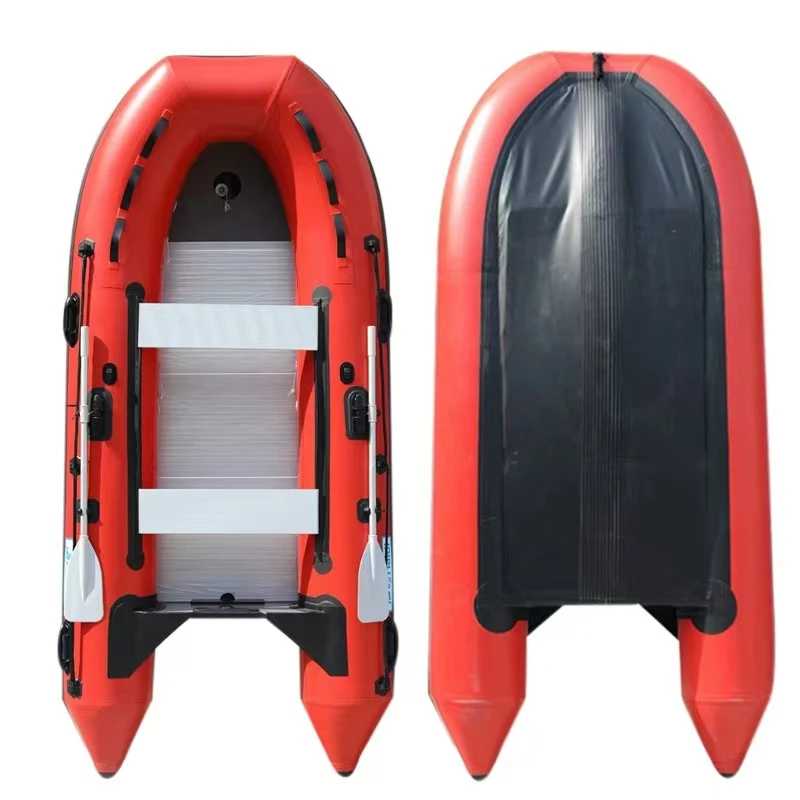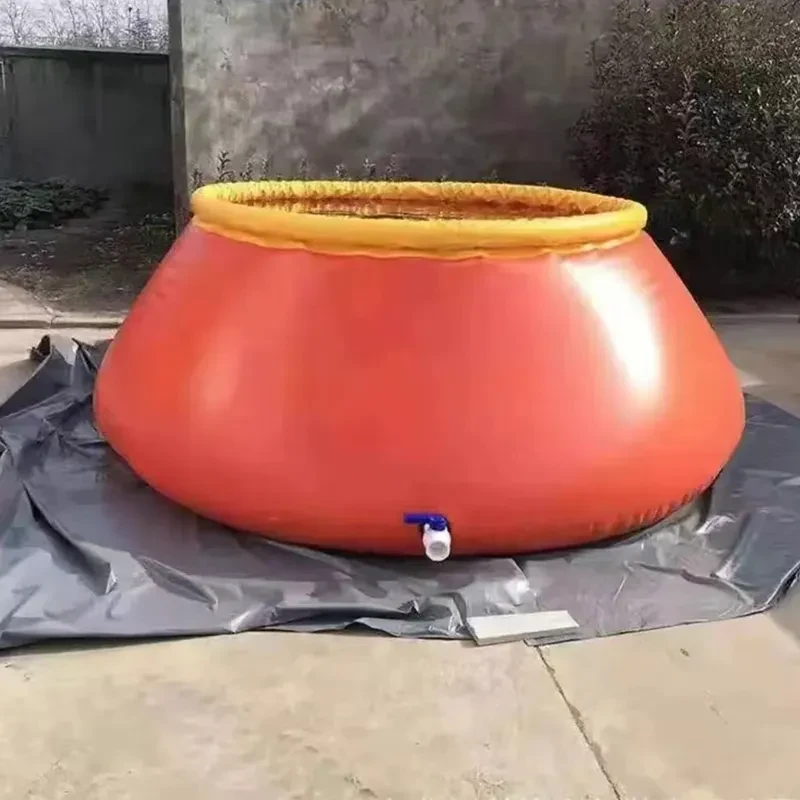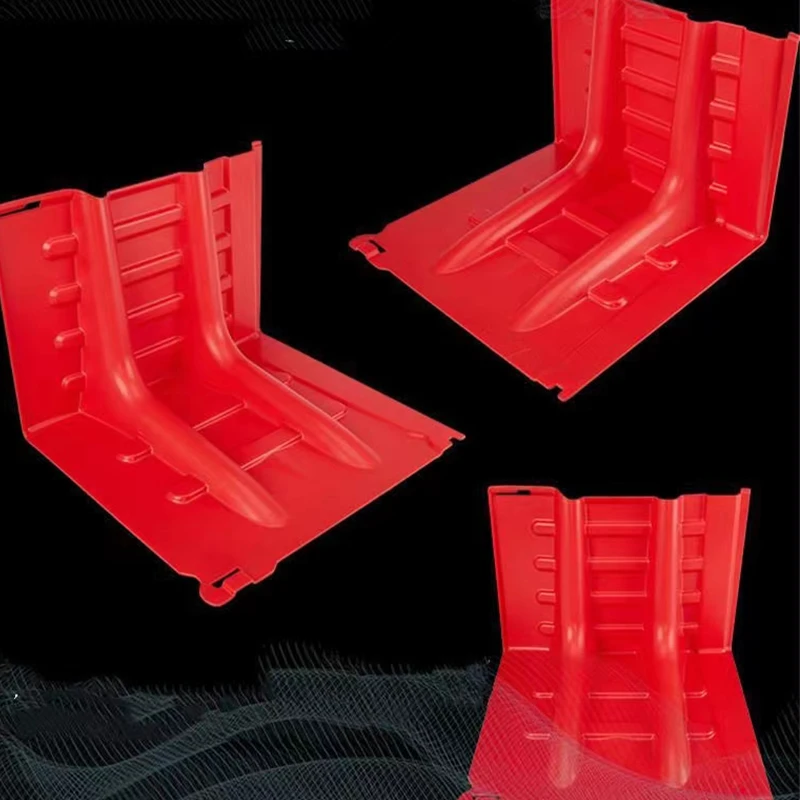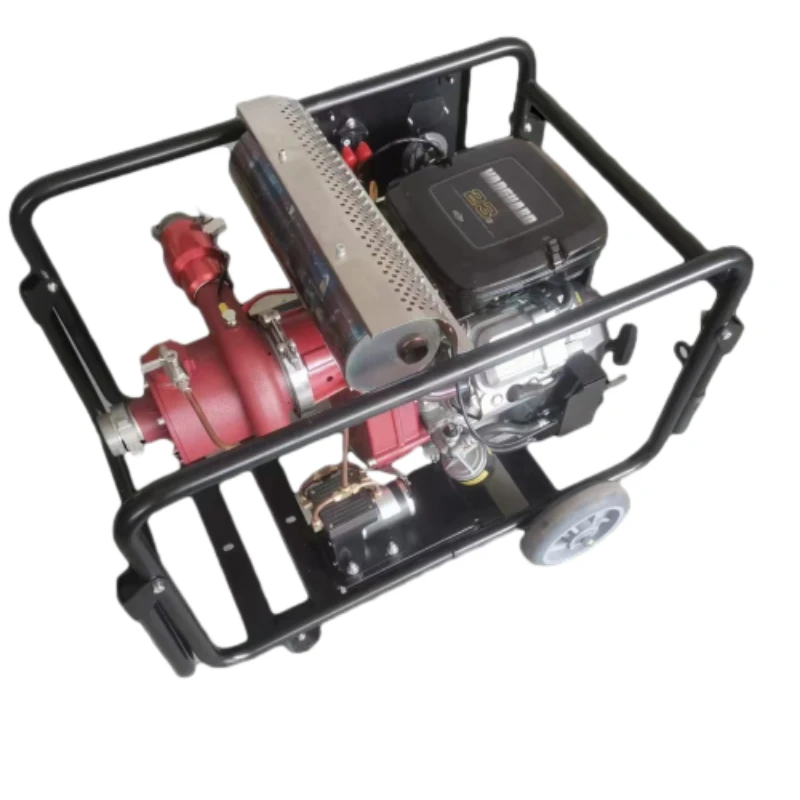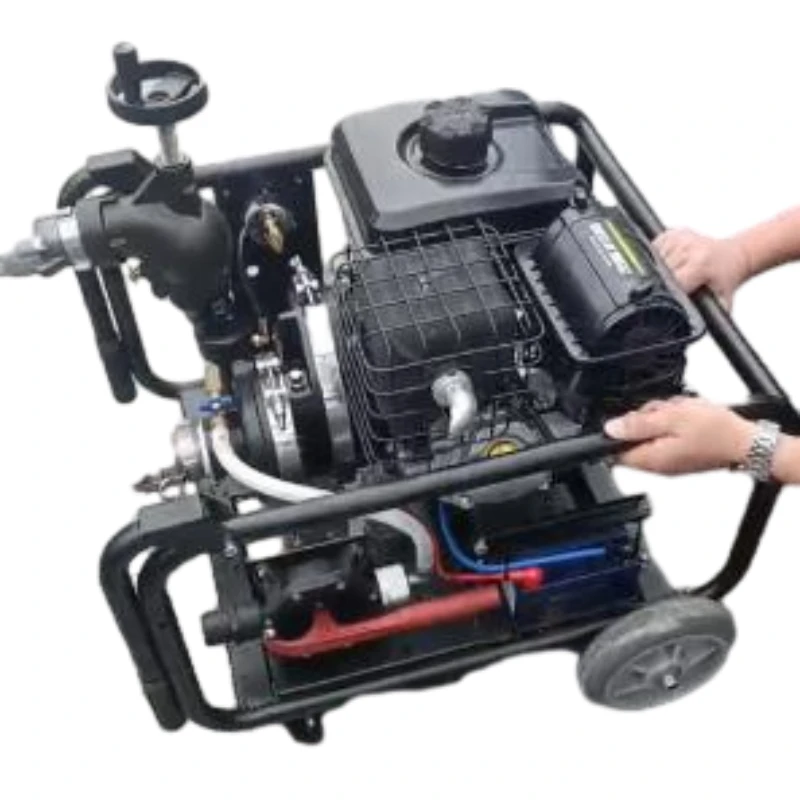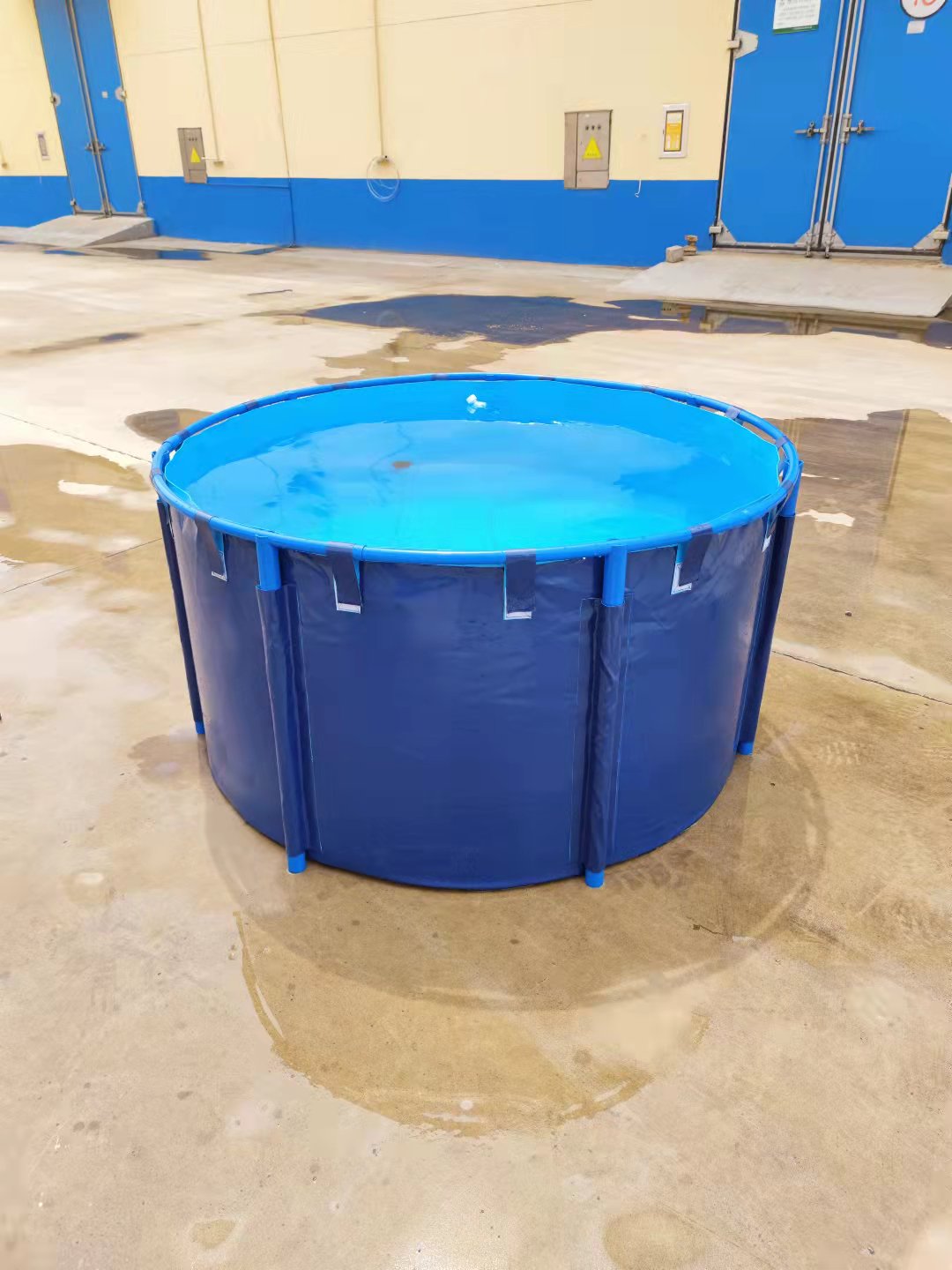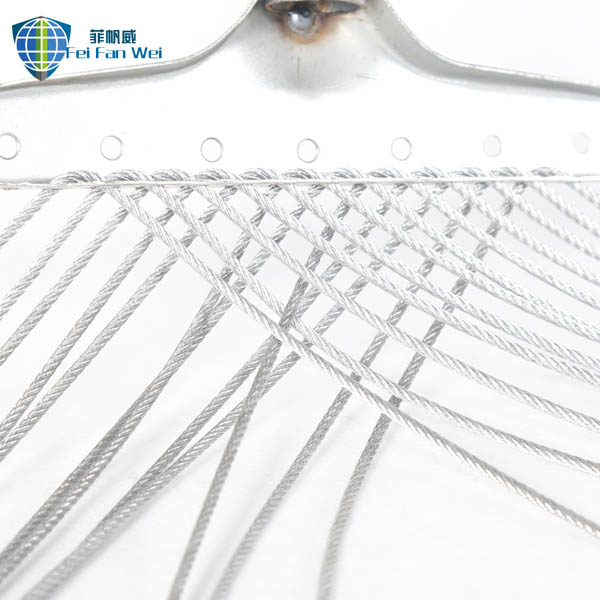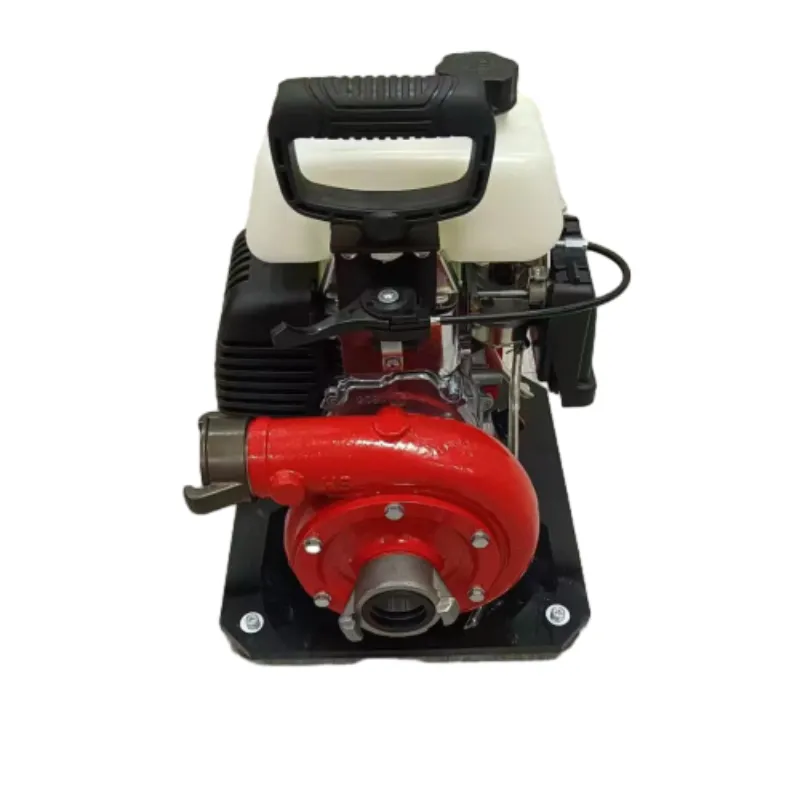
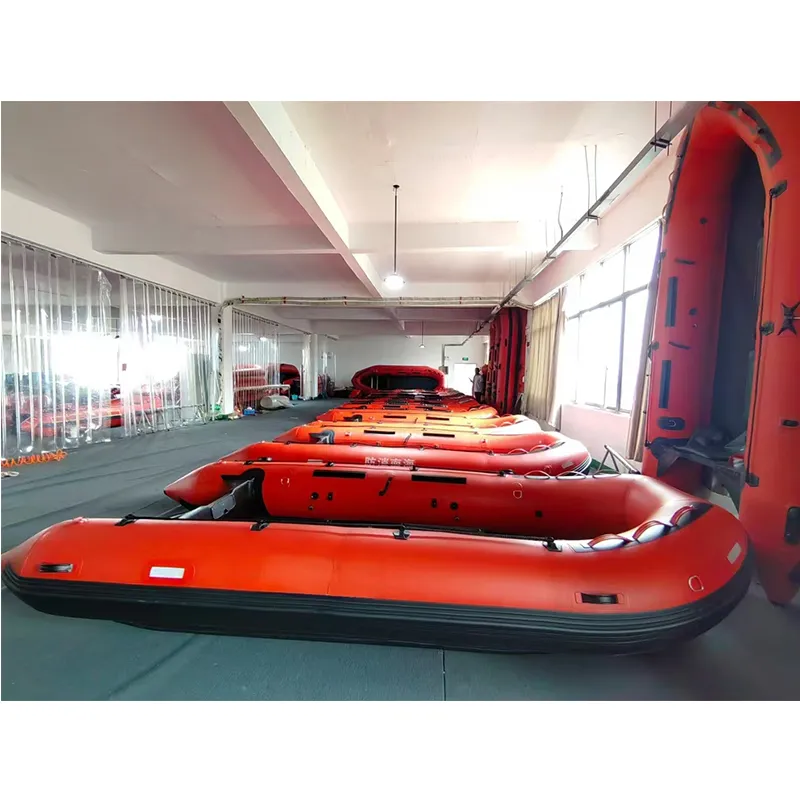
Selecting a pump involves evaluating several key factors. First, consider the pump's capacity and flow rate - these should align with the requirements of your fire suppression system. Calculating the friction loss in the piping and ensuring the pump meets the necessary pressure levels is crucial. Furthermore, the pump's compatibility with your existing infrastructure cannot be overlooked. This means assessing electrical requirements, space constraints, and any potential need for additional components or modifications. Reliability is a non-negotiable characteristic of fire suppression water pumps. Regular maintenance and testing are mandatory to ensure operational readiness at all times. Opt for pumps from reputable manufacturers who offer comprehensive training and support services. This will not only enhance your system's dependability but also foster a sense of assurance and preparedness. Proactive facilities managers conduct regular drills and inspections to ensure systems, including water pumps, are in top condition. This practice not only identifies potential weaknesses but also provides an opportunity to improve overall system performance. Notably, modern innovations have introduced smart technologies that enable real-time monitoring and diagnostics, significantly improving response times and system reliability. In conclusion, the role of fire suppression water pumps in safeguarding a facility cannot be underestimated. Selecting the right pump, tailored to your specific needs, backed by adherence to industry standards, and supported by ongoing maintenance, can make a critical difference in fire safety efficiency. With the right expertise, a focus on quality, and a commitment to safety, businesses can equip themselves with reliable fire suppression systems to protect both lives and investments.









